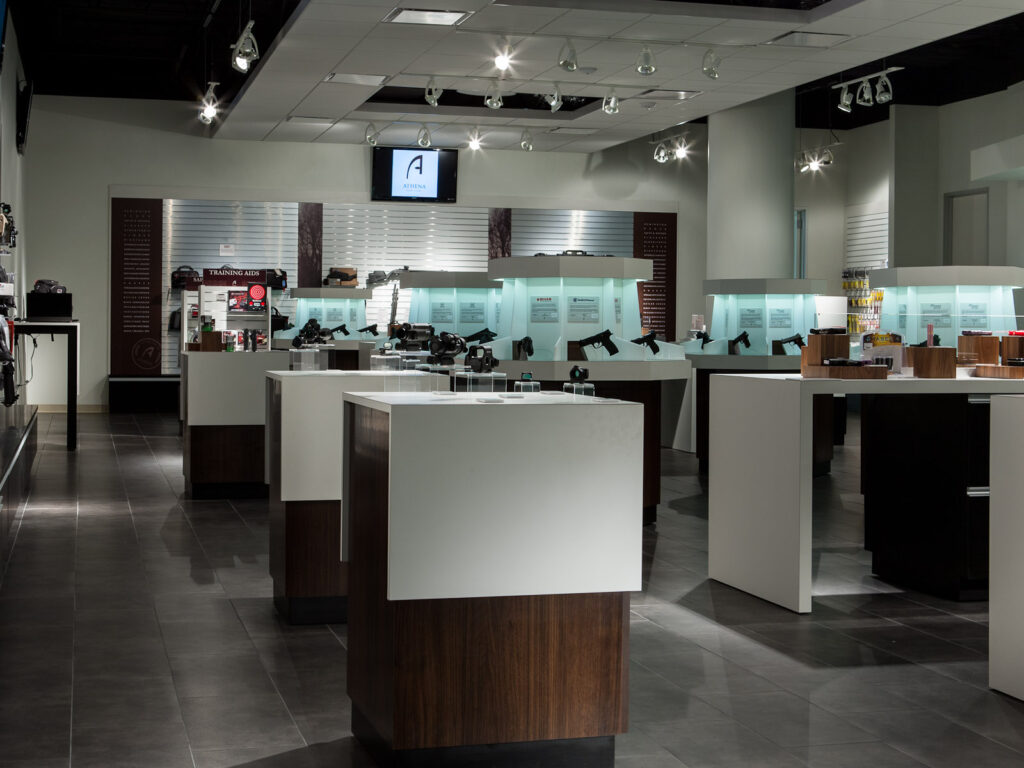Think every addiction treatment plan looks the same? It shouldn’t! Every person who enters treatment brings a completely different mix of experiences, struggles, triggers, and goals. So it doesn’t make sense to expect a one-size-fits-all solution to work.
Yet, for years, many people assumed that recovery followed one rigid path: detox, a set number of counseling sessions, maybe a group meeting or two, then you’re good to go. That’s just not how it works. Real recovery is far more complex and far more personal.
No Two Addictions Are Alike
Addiction isn’t just about substance use. It’s tied to everything from mental health conditions to family history, trauma, environment, and even brain chemistry. So when you try to treat it with a generic plan, you miss the mark. Instead, personalized addiction treatment is a must.
Some people have been using drugs for years and are physically dependent. Others might not it use daily, but spiral quickly when they do. Some have a strong support system at home. Others don’t. These differences matter because they directly shape what kind of care someone needs. A one-size-fits-all approach doesn’t leave space for that.
What Personalized Treatment Actually Looks Like
Tailored treatment isn’t just a buzzword. It’s about designing a plan that matches a person’s needs, not forcing them to fit into a template.
That might include:
- Type of therapy – Some people benefit most from behavioral therapy. Others need trauma-informed care, family therapy, or dual diagnosis support.
- Length of treatment – For one person, 30 days might be a solid start. Another might need several months or ongoing outpatient support.
- Level of structure – Some thrive in residential programs. Others do better in a flexible outpatient setting that lets them keep working or caring for kids.
- Cultural or faith considerations – What someone believes or values can play a huge role in how they heal. That should be factored into treatment, not ignored.
Mental Health Can’t Be Ignored
Many people dealing with substance use are also struggling with depression, anxiety, PTSD, or another mental health condition. These aren’t side issues; they’re often key drivers of addiction.
If a program only treats the substance use without digging into the underlying mental health challenges, it’s like putting a bandage on a wound without cleaning it first. You’re asking for relapse.
A more tailored approach recognizes this and treats both together. That’s called dual diagnosis care, and for many, it’s essential.
Goals Should Be Individual Too
Recovery isn’t always about total abstinence for every single person, at least not right away. And this is where things can get controversial. But again, what works varies from person to person.
Some people might start with harm reduction goals, like cutting back, using more safely, or staying sober from one substance while working toward full recovery. For others, the goal might be long-term sobriety from day one.
The key is meeting people where they are. It doesn’t mean compromising on safety or accountability. It means being realistic and building trust. From there, bigger goals can grow.
The Right Fit Increases the Odds of Success
You’re far more likely to stick with treatment if it feels like it was built for you, not forced on you.
This is true for anything in life. When something clicks, you stay engaged. You trust the process. You feel seen.
Now apply that to recovery. When the plan fits your needs, you’re more likely to:
- Show up and participate
- Be honest and open
- Build lasting habits
- Maintain recovery long after treatment ends
This doesn’t mean treatment is easy. It just means it’s doable and sustainable.
Family, Culture, and Identity Should Be Part of the Plan
Let’s be honest: not everyone comes into treatment from the same place. Some people face deep cultural stigmas around addiction. Others have language barriers, immigration concerns, or don’t see themselves reflected in their care providers. This creates a wall between them and effective treatment.
That’s why culturally responsive care matters. It’s not about being “politically correct”—it’s about making sure someone actually feels safe enough to do the hard work of recovery.
Family dynamics can also play a huge role. For some, family involvement helps strengthen recovery. For others, it adds stress or triggers. Good programs take this into account and adapt accordingly.
Not All Treatment Centers Offer Real Personalization
Here’s the tricky part: just because a place says they personalize care, it doesn’t mean they do. Some centers still use rigid schedules or generic therapy options, with little room to adjust for individual needs. Others may only treat substance use and ignore mental health completely.
It’s important to ask real questions before committing to any treatment program, like:
Will I get a full assessment before starting?
Can my plan change over time if needed?
Is there support for mental health as well as substance use?
Will I have access to different types of therapy?
Are family and cultural needs considered?
If the answers are vague or dodged, it might not be the right fit.
What This Means for You or Someone You Love
If you or someone close to you is considering treatment, don’t settle for a program that doesn’t ask questions or offer flexibility.
Look for one that starts with understanding, not assumptions. That offers options, not just a schedule. That builds a plan around who you are, not just what you’ve used.
That kind of care makes a difference. And it’s what every person struggling with addiction deserves.





